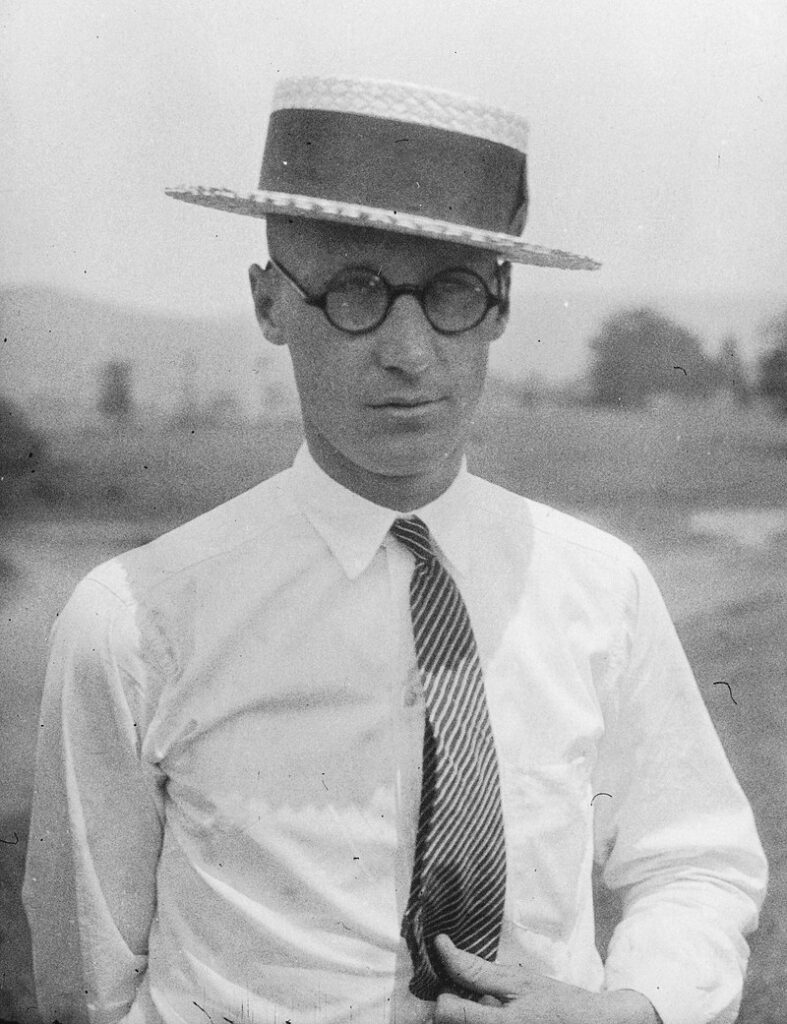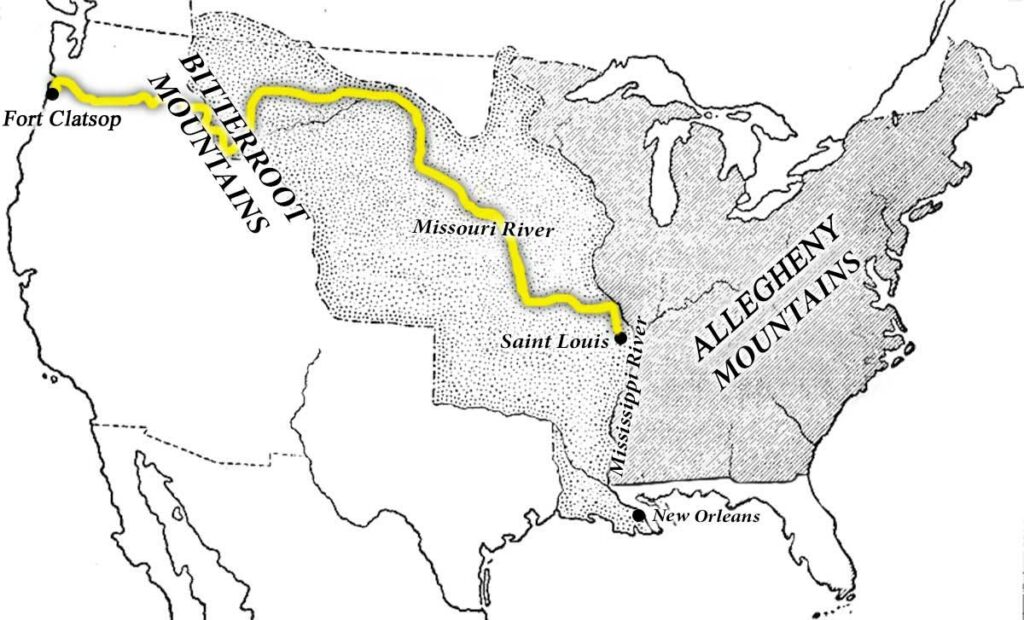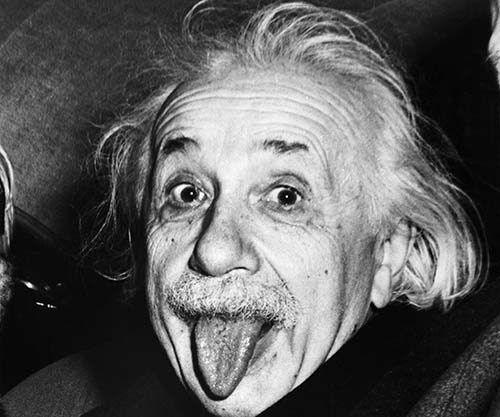
One of my all time favorite film actors is Spencer Tracy.
To me Tracy stood out from his contemporaries by being so “natural” and not the typical. One would think that being “natural” is typical, but as history would have it, not all attributes are given their proper recognition.
I always marvel at his performance in “Inherit the Wind” the 1960 Hollywood film adaptation of the 1955 play of the same, loosely based on the case known as The Scopes Trial, formally known as The State of Tennessee v. John Thomas Scopes and commonly referred to as The Scopes Monkey Trial.
There are many storylines in the movie. Some personal and some societal. Each showcased Tracy and his subtle and nuanced skills carrying his art to a new level.
Tracy was acting outside the norm.

John T. Scopes was a 24 year old high school science and math teacher in Dayton, Tennessee, when he was charged on May 5, 1925, with violating Tennessee’s Butler Act, which made it unlawful to teach human evolution in any state-funded school. He was tried and found guilty. Later the verdict was overturned on a technicality.
Scopes, was substituting for the regular biology teacher, when he was charged with teaching evolution from a chapter in George William Hunter’s textbook, A Civic Biology: Presented in Problems (1914). Scopes helped lead the idea of teaching science-based principles despite a law that forbade it.
In other words, Scopes was teaching outside of the norm.

In 1803, President Thomas Jefferson commissioned The Corps of Discovery, and named its leader U.S. Army Captain, Meriwether Lewis. Lewis later selected his close friend Second Lieutenant William Clark to be his partner.
The Corps of Discovery later known as the Lewis and Clark Expedition that took place between May 1804 and September 1806. The Corps’ main objectives were scientific and commercial. An additional group of scouts, boatmen, and civilians aided the Corps.
This adventure needed skills that the U.S. Army did not readily possess: first-hand knowledge of the terrain, knowledge of the languages and cultures of the natives along the route, and swimming. All of those skills and more were embodied in Sacagawea.
Yes, Sacagawea possessed skills outside of the norm.

“No one is remembered for being normal.”
-Albert Einstein
But Al…we DO remember these people! (And you, too!)
The norm in each of these instances: people doing what they do. Being their normal selves. Being natural. (Whatever that ultimately means.) I am certain there were many times when their skills were challenged (friendly or unfriendly) in front of the numerically greater judging, norm-loving eyes of those that did not possess their skills nor understand them. Yet, they continued to do their jobs. Without consideration of the observers.

Can YOU be great by being yourself?
Can training help you be MORE yourself?
In the world of art: Is there symmetry with normal and natural?
To observe it from Tracy.
To learn it from Scopes.
To experience it from Sacagawea.
The workload of singing instruction seems to favor a mechanism imbalanced by modern norms and what is natural.
Truly a yoke that is unequal.
